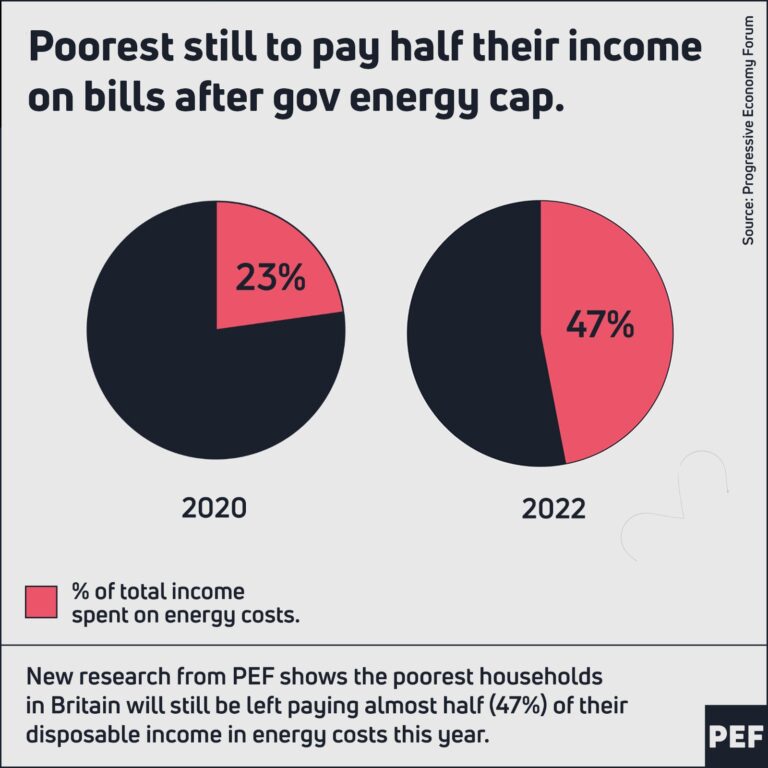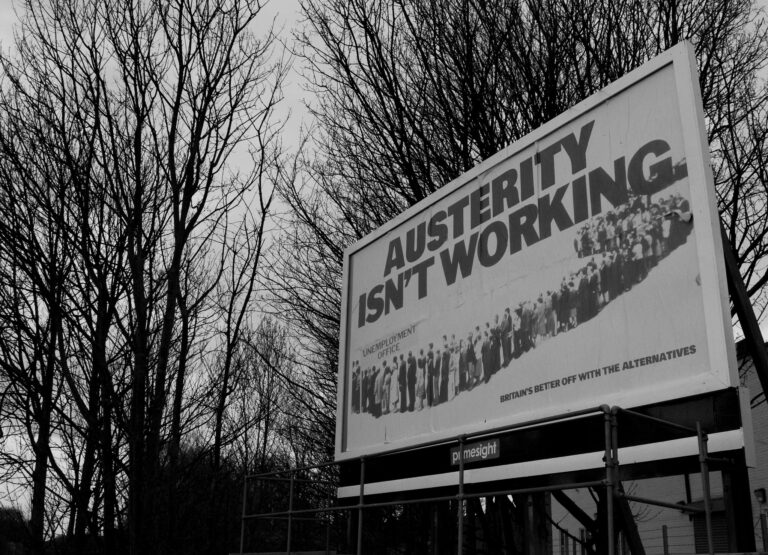Richard Murphy
Recovery from the coronavirus crisis will be a complex issue. In many ways it is impossible to predict precisely what will be required. And yet, when it comes to the role of tax in this recovery some quite straightforward things can be said.
What is indisputable is that tax does withdraw money from circulation that might otherwise be spent within the economy. It does as a result suppress demand for consumption and, by reducing the overall resources available within the private sector, for investment as well.
If that is the case then it is likely that the last thing that will be required after the massive slump in demand that the coronavirus shut down has created will be any overall tax increases. It is likely that they would be deeply counter-productive because they would suck demand out of they economy just when that economy will need to be re-established as the recovery proceeds.The fact that the government will be spending more does not alter this fact.
Governments can fund themselves in three ways. They can tax. They can borrow. And they can create the money that they spend by borrowing from their own central bank (a process called direct monetary funding). The precise nuances of these arrangements are not of concern here: what is important is that what this means is that tax increases need not be in any mix relating to increased government spending for the time being.
That being said, there is very strong reason to reform tax after this crisis. That is because, as I argued in my 2015 book, The Joy of Tax, the choice between the tax policies available to a government is in many ways the most important decision that any government has to make if it is intent, as most governments are, on shaping society in particular ways to suit some interests over others.
The UK tax system has, as a matter of fact, been used for this purpose over time. In recent decades the bias that has been displayed has been very apparent: it has been towards wealth. The fact that we have no tax on wealth as such does prove this: after all, one is possible. But as importantly, the taxes on income derived from wealth and the support that the tax system provides to saving are the clearest indications possible of this bias. And in addition, the taxes that we do have on transactions relating to wealth, such as capital gains tax and inheritance tax, have been steadily reduced
As example, in the case of capital gains tax its original role as a back stop to prevent abuse within the income tax system has been forgotten, and a blatant differential between the two has been opened up so that there is now considerable incentive to re-categorise income as gains, and a whole tax abuse industry supports this process.
The same back stop role for corporation tax, which was originally intended to prevent leakages from the income tax system, has also been forgotten. As a result the rate of corporation tax is now below the basic rate of income tax. The consequence is that those who need not live off their income can hold it in a company and see it accumulate in a low tax environment right here in the UK: the need to go offshore to achieve this goal has almost disappeared.
At the same time there is also a deep bias against work within the tax system. Whilst those who work on what they earn have to pay national insurance on their earnings those who live off investment income do not, effectively saving considerable sums as a result.
There are also massive incentives to save for those with the ability to do so. Pensions are heavily subsidised, whilst ISA accounts, special tax exemptions for savings income and other arrangements all result in low tax rates for those do not work for their income when compared to those who do.
This then results in two further biases. One is against the young, who tend not to have wealth. And it also creates a massive gender divide within the tax system as wealth ownership remains male dominated.
On top of all these injustices, the chance that tax is not paid by those with wealth or who run their own businesses is much higher than it is amongst those who are employed: another bias is apparent then as a result of the decision of successive governments to cut funding for the work of HM Revenue & Customs.
There is as a result a need for massive reform of tax after the coronavirus crisis, which is what has motivated me to address these issues in the Tax After Coronavirus Project, which is being published in stages on the Tax Research UK blog. But that motivation is not promote the raising of revenue. It does instead arise for three other reasons.
One is to reduce inequality.
Another is to ensure that all tax due is collected.
And third, the aim is to make sure that the income of those who need support in our society is increased by reducing the tax that they pay whilst keeping an overall balance in tax paid by increasing the tax due by those with the capacity to do so. The result is vital support for those we now call essential workers, which can be provided by those who we now realise are not nearly so important, after all. This is a policy that is much more useful in the long term than clapping. But the clapping of those whose work is essential, many of whom are on very low pay, proves just why tax reform is required now.
Images credit flickr/ images of money








